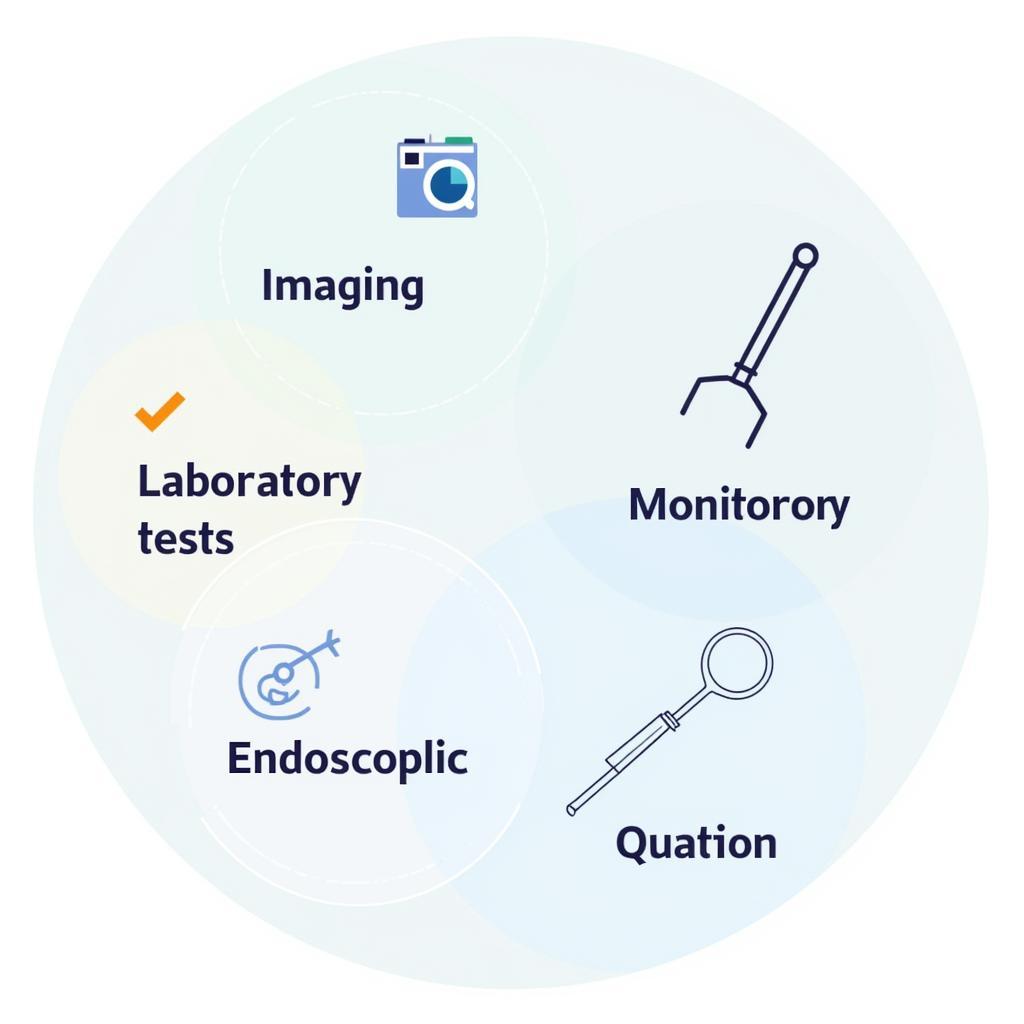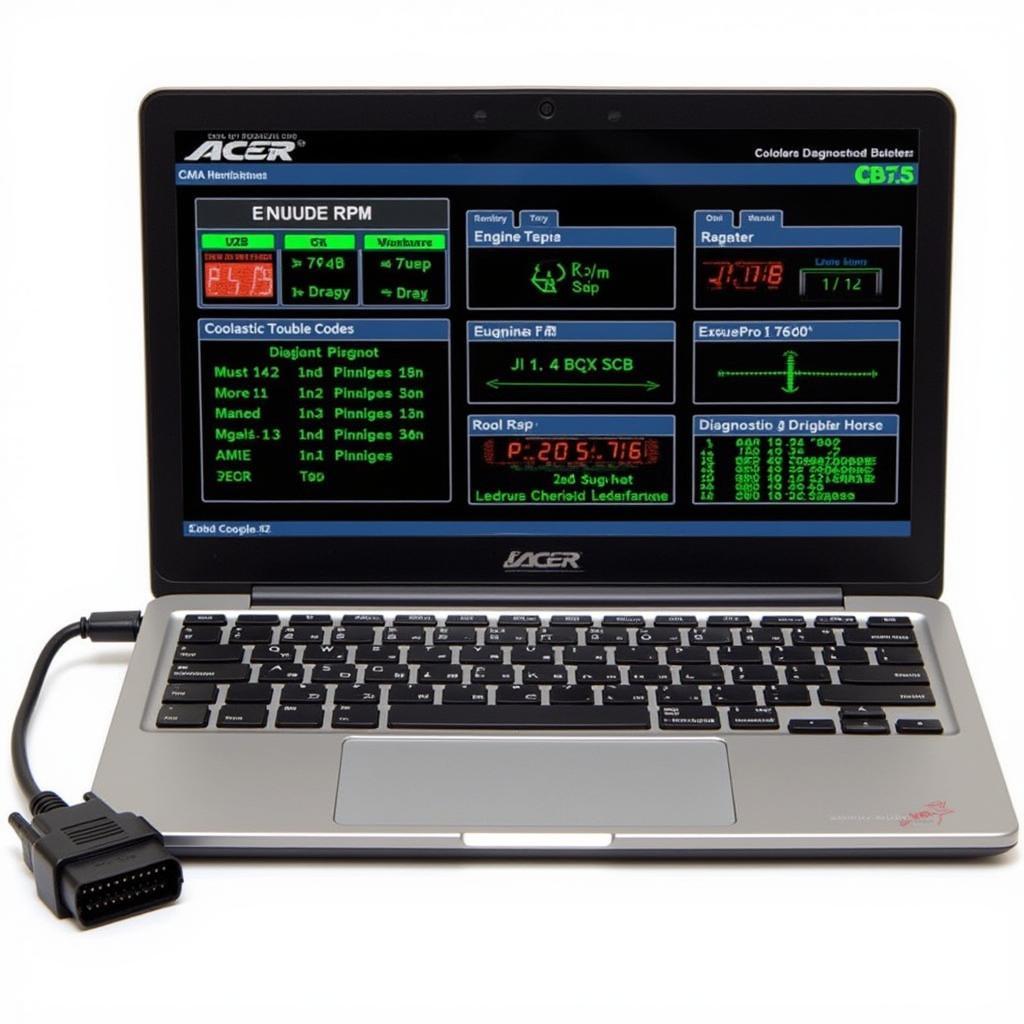Heart failure is a serious condition that requires careful monitoring and management. Accurately diagnosing and understanding the specific causes and progression of heart failure is crucial for effective treatment. Thankfully, a range of diagnostic tools are available to help medical professionals evaluate heart health and make informed decisions about patient care. This comprehensive guide explores the various diagnostic tools used for heart failure, shedding light on their functions, significance, and implications for patients.
Understanding Heart Failure and the Need for Accurate Diagnosis
Heart failure, often referred to as congestive heart failure, occurs when the heart cannot pump blood effectively enough to meet the body’s demands. This condition can stem from various factors, including coronary artery disease, high blood pressure, and damage to the heart muscle.
Timely and accurate diagnosis of heart failure is paramount for several reasons:
- Early Detection: Identifying heart failure in its initial stages significantly improves the chances of successful treatment and management.
- Determining Underlying Causes: Pinpointing the root cause of heart failure is essential for tailoring appropriate treatment plans.
- Assessing Severity: Diagnostic tools help determine the severity of heart failure, enabling healthcare providers to make informed decisions about medication, lifestyle changes, and other interventions.
- Monitoring Progression: Regular assessments using diagnostic tools allow physicians to monitor the effectiveness of treatments and make adjustments as needed.
Essential Diagnostic Tools for Heart Failure
1. Electrocardiogram (ECG or EKG)
An electrocardiogram, commonly known as an ECG or EKG, is a painless and non-invasive test that records the heart’s electrical activity. During an ECG, electrodes placed on the chest, arms, and legs detect the electrical signals produced by the heart. These signals are then displayed as waves on a screen or printed on paper.
How ECG Helps in Diagnosing Heart Failure:
- Detecting Irregular Heart Rhythms: ECG can identify arrhythmias, such as atrial fibrillation or ventricular tachycardia, which are common in heart failure.
- Revealing Heart Damage: The patterns on an ECG can indicate past heart attacks or other damage that may contribute to heart failure.
- Assessing Heart Rate and Rhythm: ECG provides information about the heart rate and rhythm, helping to assess the heart’s overall function.
2. Echocardiogram
An echocardiogram, also called an echo, is an ultrasound of the heart. This test uses sound waves to create moving images of the heart, allowing doctors to evaluate its structure and function in detail.
Insights from Echocardiograms in Heart Failure:
- Evaluating Pumping Function: Echocardiograms measure the ejection fraction, a crucial indicator of how well the heart is pumping blood.
- Assessing Valve Function: Echo can detect problems with the heart valves, which can contribute to or worsen heart failure.
- Identifying Structural Abnormalities: This imaging test helps visualize the size and shape of the heart chambers and identify any structural abnormalities that may be causing or contributing to heart failure.
3. Blood Tests
While not a direct diagnostic tool for heart failure, blood tests play a crucial role in evaluating overall health and identifying contributing factors.
Key Blood Tests for Heart Failure Diagnosis:
- Brain Natriuretic Peptide (BNP) Test: BNP is a hormone released by the heart in response to stress, and elevated levels can indicate heart failure.
- Complete Blood Count (CBC): This test measures various components of blood, such as red blood cells, white blood cells, and platelets, providing insights into overall health and potential anemia, which can worsen heart failure symptoms.
- Electrolyte Panel: This panel measures levels of electrolytes, such as sodium, potassium, and calcium, which are essential for proper heart function. Imbalances in these electrolytes can exacerbate heart failure.
4. Chest X-ray
A chest X-ray provides a glimpse into the heart and lungs, helping to:
- Detect Fluid Buildup: Heart failure can cause fluid to accumulate in the lungs, a condition known as pulmonary edema. Chest X-rays can detect this fluid buildup.
- Assess Heart Size: An enlarged heart on a chest X-ray can suggest heart failure.
5. Cardiac Stress Test
A cardiac stress test evaluates how well the heart functions during physical activity. This test typically involves walking on a treadmill or pedaling a stationary bike while heart rate, blood pressure, and ECG are monitored.
Stress Tests and Heart Failure:
- Evaluating Exercise Capacity: Stress tests help determine how much exercise the heart can handle, providing information about the severity of heart failure.
- Identifying Ischemia: Stress tests can reveal reduced blood flow to the heart muscle (ischemia), which can be a contributing factor to heart failure.
Advanced Diagnostic Techniques for Heart Failure
In addition to the essential tools listed above, there are advanced diagnostic techniques that provide more specialized information:
- Cardiac Catheterization: This minimally invasive procedure involves threading a thin tube (catheter) through a blood vessel in the arm or groin to the heart. It allows for detailed imaging of the coronary arteries and assessment of blood flow to the heart muscle.
- Cardiac MRI: Cardiac magnetic resonance imaging (MRI) uses a magnetic field and radio waves to create detailed images of the heart. This test can detect subtle changes in heart structure and function, providing valuable information for diagnosing and monitoring heart failure.
The Importance of Timely Diagnosis and Treatment
Early and accurate diagnosis is crucial for effective heart failure management. If you experience any symptoms of heart failure, such as shortness of breath, fatigue, or swelling in the legs, ankles, or feet, it’s essential to seek medical attention immediately.
By utilizing the diagnostic tools and techniques outlined in this guide, healthcare professionals can accurately assess heart health, determine the underlying causes of heart failure, and develop personalized treatment plans to improve quality of life and potentially slow the progression of the condition.
Frequently Asked Questions about Diagnostic Tools for Heart Failure
1. Are these diagnostic tests painful?
Most diagnostic tests for heart failure are non-invasive and painless. You may experience slight discomfort during some tests, such as the pressure of the blood pressure cuff or the coolness of the gel used during an echocardiogram.
2. How often will I need these tests?
The frequency of testing depends on the severity of your heart failure and your overall health. Your doctor will determine the appropriate testing schedule for your individual needs.
3. Are there any risks associated with these tests?
The risks associated with most heart failure diagnostic tests are minimal. Your doctor will discuss any potential risks or complications with you before the procedure.
4. What should I expect after a diagnostic test?
After most diagnostic tests, you can resume your normal activities immediately. Your doctor will discuss the results of the test with you and explain any next steps in your care.
5. Can lifestyle changes help manage heart failure?
Yes, adopting a heart-healthy lifestyle can significantly impact heart failure management. This includes following a balanced diet, engaging in regular physical activity as tolerated, maintaining a healthy weight, managing stress, and quitting smoking.
[hdd diagnostic tool bootable](https://scantoolus.com/hdd-diagnostic tool-bootable/)
Conclusion
Diagnosing and managing heart failure effectively relies heavily on utilizing appropriate diagnostic tools. From basic assessments like ECG and blood tests to more advanced imaging techniques like echocardiograms and cardiac MRI, these tools provide crucial insights into the heart’s structure, function, and overall health. By embracing these diagnostic advancements, medical professionals can make informed decisions about patient care, leading to improved outcomes and enhanced quality of life for individuals living with heart failure.
If you require further assistance or have questions about diagnostic tools for automotive issues, ScanToolUS is here to help. Contact us at +1 (641) 206-8880 or visit our office at 1615 S Laramie Ave, Cicero, IL 60804, USA. We are committed to providing expert guidance and support.




Pingback: Understanding Electrocardiograms: The Diagnostic Tool Used to Detect Electrical Activity in the Heart - Car Scan Tool